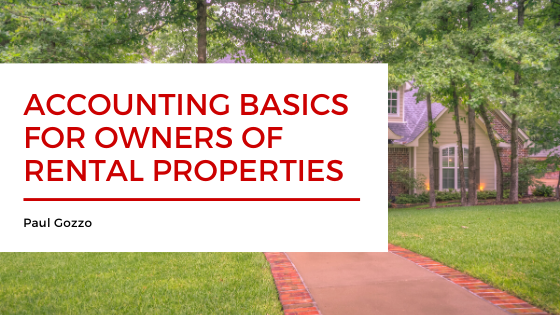For all rental property owners that are just starting their business, it’s essential to know some basics of accounting. It’s a foolproof way of not having to pay someone else to bookkeep your investments, and you can analyze more details of your portfolio, such as profit and costs. However, be wary of how much accounting you tackle on yourself. Unless you have a degree in accounting or have tons of experience in finances, you may get properties and numbers mixed up. That could lead to losses too significant to recover. Trust me, the last thing you want is the IRS auditing your taxes and penalizing your business or lousy accounting practices. With this said, there are some basic principles and tools you can use to ensure your business is healthy and profitable.
Set up automatic payments:
The more properties you own, the more costs you have to manage across those different properties. This can include mortgage payments, utilities, homeowners insurance, etc. Instead of paying these every month manually, set up recurring payments for accounts that have the same cost every month. This will create a much smoother process of paying your expenses, but be sure not to enroll variable cost accounts as that will cause serious cash flow issues.
Use a cloud service:
With all the receipts, payments, and other information associated with a property, it can be challenging to organize multiple forms of data across various properties. One solution that can help is using a cloud service such as Google Drive or Dropbox, where you can create folders for properties and subfolders within the main folder for receipts and other information. The benefit of cloud services is the ability to take your storage anywhere, even on your phone.
Accounting tools:
If you have little experience in accounting or want help balancing your portfolio, there are plenty of websites and apps to do just that. These websites and apps are designed to monitor and calculate everything from expenses to return on investment (ROI) to maintenance. Some of the most popular include buildium, appfolio, propertyware, and tenantledger. Be sure to check out these tools if you want to organize and manage your portfolio effectively!

